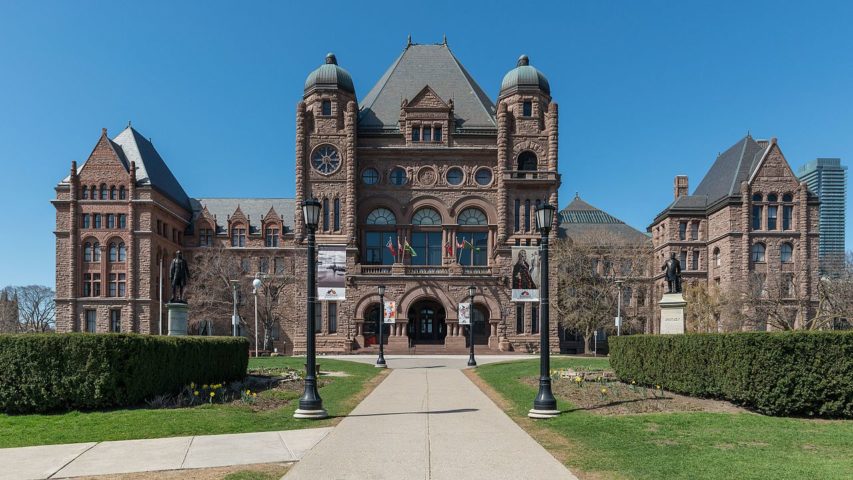Iain Murray on the decision by London bureaucrats (backed by the Lord Mayor) to ban Uber in favour of established cab companies:
When I lived in London in the 1990s, I had to use pricey Black Cabs to get around the city at night. However, heaven help you if you wanted to go South of the Thames (as I did when I lived there) after midnight – Black Cabs would just refuse to take you. On one occasion I watched in horror as the cab driver got out and literally started a fight with a driver who had cut him off – and he kept the meter running throughout the fracas.
London’s days of high prices, uncertainty, and danger ended when Uber started operating there in 2012. It went on to dominate the London private hire car market. Today, that was all thrown out as Transport for London (TfL), an Uber competitor in that it runs the Tube and franchises bus services, revoked Uber’s license to operate.
Safety First?
The decision was ostensibly based on health and safety grounds. TfL said:
“TfL considers that Uber’s approach and conduct demonstrate a lack of corporate responsibility in relation to a number of issues which have potential public safety and security implications. These include:
- Its approach to reporting serious criminal offences.
- Its approach to how medical certificates are obtained.
- Its approach to how Enhanced Disclosure and Barring Service (DBS) checks are obtained.
- Its approach to explaining the use of Greyball in London – software that could be used to block regulatory bodies from gaining full access to the app and prevent officials from undertaking regulatory or law enforcement duties.”
These grounds are puzzling. Uber has a dedicated team responsible for working with the police regarding incidents with cars that use the Uber app – something London’s Black Cabs lack. Uber’s drivers go through exactly the same background checks and approval processes that Black Cab drivers do. And Uber denies that the Greyball feature has ever been used in London.
Moreover, accusations of violence, especially sexual violence, by Uber app drivers are overblown. As Reuters reports, “Of the 154 allegations of rape or sexual assault made to police in London between February 2015 and February 2016 in which the suspect was a taxi driver, 32 concerned Uber, according to the capital’s police force.” If Uber was uniquely bad in having drivers who attempted sexual assaults, that share should be much higher.
On Saturday night, Perry de Havilland reported on the petition to rescind the TfL decision:
The #SaveYourUber petition has, as of 10:45 pm in London, attracted 600,000+ names, and one of them is mine.
Of course the best way to save Uber is to get rid of Sadiq Khan and make the issue politically radioactive.






